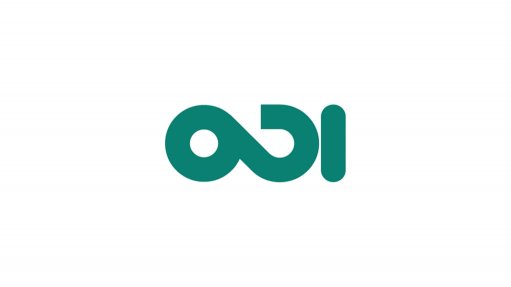
A universal basic justice system is affordable. It would cost $34 per person per year in lower-income countries, compared to $41 for education and $76 for health. Providing universal access to one key element of basic justice system - front-line services giving people access to legal advice, assistance and informal dispute resolution - would cost just $1.7 per person per year.
There are multiple examples of front-line justice services providing legal advice, assistance and informal dispute resolution at or below ODI’s ‘affordable benchmark’ unit costs of $20 per case in low-income countries and $50 per case in lower-middle countries. Scaling up these locally developed, ‘frugal’, innovative approaches is key to delivering cost-effective front-line services.
ODI’s methodology to estimate service coverage reveals the scale of the need for these cost-effective front-line services. Only in Sierra Leone, where funding has been provided, has scaling-up been possible, with coverage reaching 52%. In other countries services are meeting less than 10% of need. Coverage in other service sectors – education and health – is at least 50% and often over 90%.
Scaling up is key both to delivering sustainable costs and long term impact. When the benchmark unit costs are achieved, universal access to legal advice, assistance and informal dispute resolution services is affordable: $249 million per year across all low-income countries. This is 8% of the total justice aid budget.
A shift in justice aid is required for universal access to front-line legal advice, assistance and informal dispute resolution services in lower-income countries. Lower-income countries are already prioritising justice in their spending – allocating 7% of their budget resources, compared to 4% in OECD countries. Despite this, lower-income countries are unable to fund even a basic justice system from their domestic resources, even if they maximised the level of domestic taxes they collect. Funding from other sources – private sector or user fees - is unlikely to materialise in the short to medium term.
Report by the Overseas Development Institute